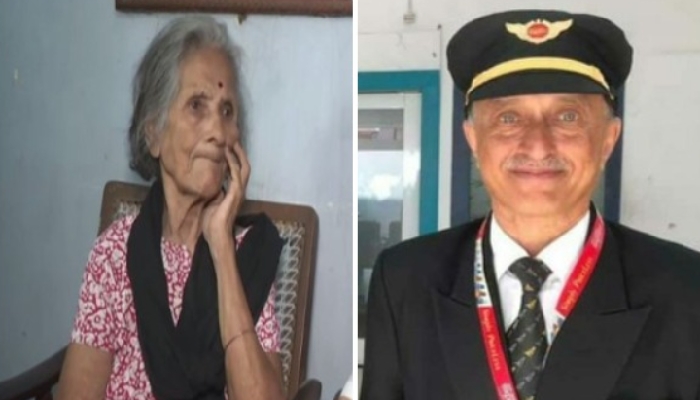New Delhi, Jul 24: Expressing concern at the number of "tragic events" unfolding in the country, a group of eminent citizens has said in a letter to Prime Minister Narendra Modi that 'Jai Shri Ram' has become a "provocative war cry" with many lynchings taking place in its name.
The July 23 letter, which also stressed that there is "no democracy without dissent", has been written by 49 celebrities from various fields, including filmmakers Shyam Benegal and Aparna Sen as well as vocalist Shubha Mudgal, historian Ramchandra Guha and sociologist Ashis Nandy.
"We, as peace-loving and proud Indians, are deeply concerned about a number of tragic events that have been happening in recent times in our beloved country," the letter said.
"The lynching of Muslims, Dalits and other minorities must be stopped immediately. We were shocked to learn from the NCRB that there have been no less than 840 instances of atrocities against Dalits in the year 2016, and a definite decline in the percentage of convictions," it continued.
The signatories said they regretted that "Jai Shri Ram" has been reduced to a "provocative war cry that leads to law and order problems, and many lynchings take place in its name".
It is shocking, they said, that so much violence should be perpetrated in the name of religion.
"These are not the Middle Ages! The name of Ram is sacred to many in the majority community of India. As the highest executive of this country you must put a stop to the name of Ram being defiled in this manner," the open letter to the prime minister said,
Criticising the lynchings in Parliament is not enough, the civil society leaders said.
"What action has actually been taken against the perpetrators? We strongly feel that such offences should be declared non-bailable, and that exemplary punishment should be meted out swiftly and surely."
It also underscored the significance of dissent in a democracy.
"There is no democracy without dissent. People should not be branded anti-national or urban Naxal and incarcerated because of dissent against the government."
If someone criticises the ruling party, it does not imply they are against the nation, the letter said.
"No ruling party is synonymous with the country where it is in power. It is only one of the political parties of that country. Hence anti-government stands cannot be equated with anti-national sentiments. An open environment where dissent is not crushed only makes for a stronger nation," the letter read.
"We hope our suggestions will be taken in the spirit that they are meant - as Indians genuinely concerned with, and anxious about the fate of our nation," it concluded.
The signatories to the letter also include Bengali cinema thespian Soumitro Chatterjee, southern filmmaker-actor Revathy, director Mani Ratnam and social activist Binayak Sen.






Comments
When china in top of world with its products all around globe we as democratic , secular with free speech engaged in internal insecurity where development remains only a slogan every day we have to watch what happened next day.
Add new comment